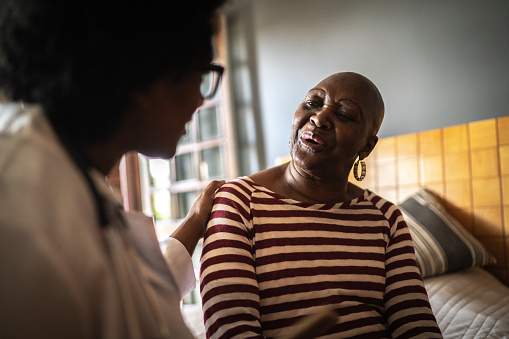It is normal to feel emotional, social and physical side effects after a diagnosis and during treatment. Patients and families are encouraged to seek support and share their feelings with whomever they feel most comfortable with.
You can find useful support resources below.

Mental health and wellbeing
It is normal to feel emotional, social and physical side effects after a diagnosis and during treatment. Patients and families are encouraged to seek support and share their feelings with whomever they feel most comfortable with.
You can find useful support resources below.

Need urgent mental health support
If you are having thoughts of suicide, are harming yourself or have thought about it and if you cannot wait to see a doctor and feel unable to cope or keep yourself safe, contact one of the organisations below to get support right away.
- Samaritans- call free on 116 123 or visit the website.
- Shout 85258 offers confidential 24/7 crisis text support for times when you need immediate assistance: text “SHOUT” to 85258.
- If you need help for a mental health crisis or emergency, you should get immediate expert advice and assessment.

Need urgent mental health support
If you are having thoughts of suicide, are harming yourself or have thought about it and if you cannot wait to see a doctor and feel unable to cope or keep yourself safe, contact one of the organisations below to get support right away.
- Samaritans- call free on 116 123 or visit the website.
- Shout 85258 offers confidential 24/7 crisis text support for times when you need immediate assistance: text “SHOUT” to 85258.
- If you need help for a mental health crisis or emergency, you should get immediate expert advice and assessment.

